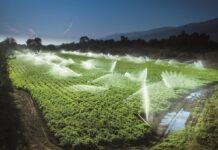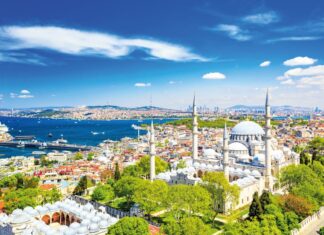Water pollution resulting from the expansion of irrigation, livestock treatment, fertiliser and pesticide use is damaging human and environmental wellbeing, argues a new report published by the Food and Agriculture Organization of the United Nations (FAO).
FAO and the International Water Management Institute (IWMI) have released the report entitled More People, More Food, Worse Water? on behalf of the CGIAR Research Program on Water, Land and Ecosystems.
Its aim is to flag the fact that agriculture causes more ecological damage in many countries than human settlements or industry.
“Industrial agriculture is among the leading causes of water pollution, especially in most high-income countries and many emerging economies, where it has overtaken contamination from settlements and industries as the major factor in the degradation of inland and coastal waters,” the report states.
Pesticide accumulation in water that is later carried down the food chain threatens human health, and has led to the widespread ban on certain pesticides, including DDT, a common insect control chemical once used in the United States until its cancellation in 1972. DDT was also banned in China in 1983, but is still used in India.
The report also adds that nitrate used in farming ranks among the most common contaminants found in groundwater aquifers. To tackle the problem, the report recommends a wider range of data-driven outcomes, including data collection that can help develop water quality models and produce better water policies.
Authors of report conclude that the report 2030 Agenda for Sustainable Development is designed to shape policies and strategies around the reduction of water pollution, in particular those that are based around SDG target 6.3. FAO launched the report at the High-Level International Conference on the International Decade for Action ‘Water for Sustainable Development’ 2018-2028 in June 2018 in Dushanbe, Tajikistan.








